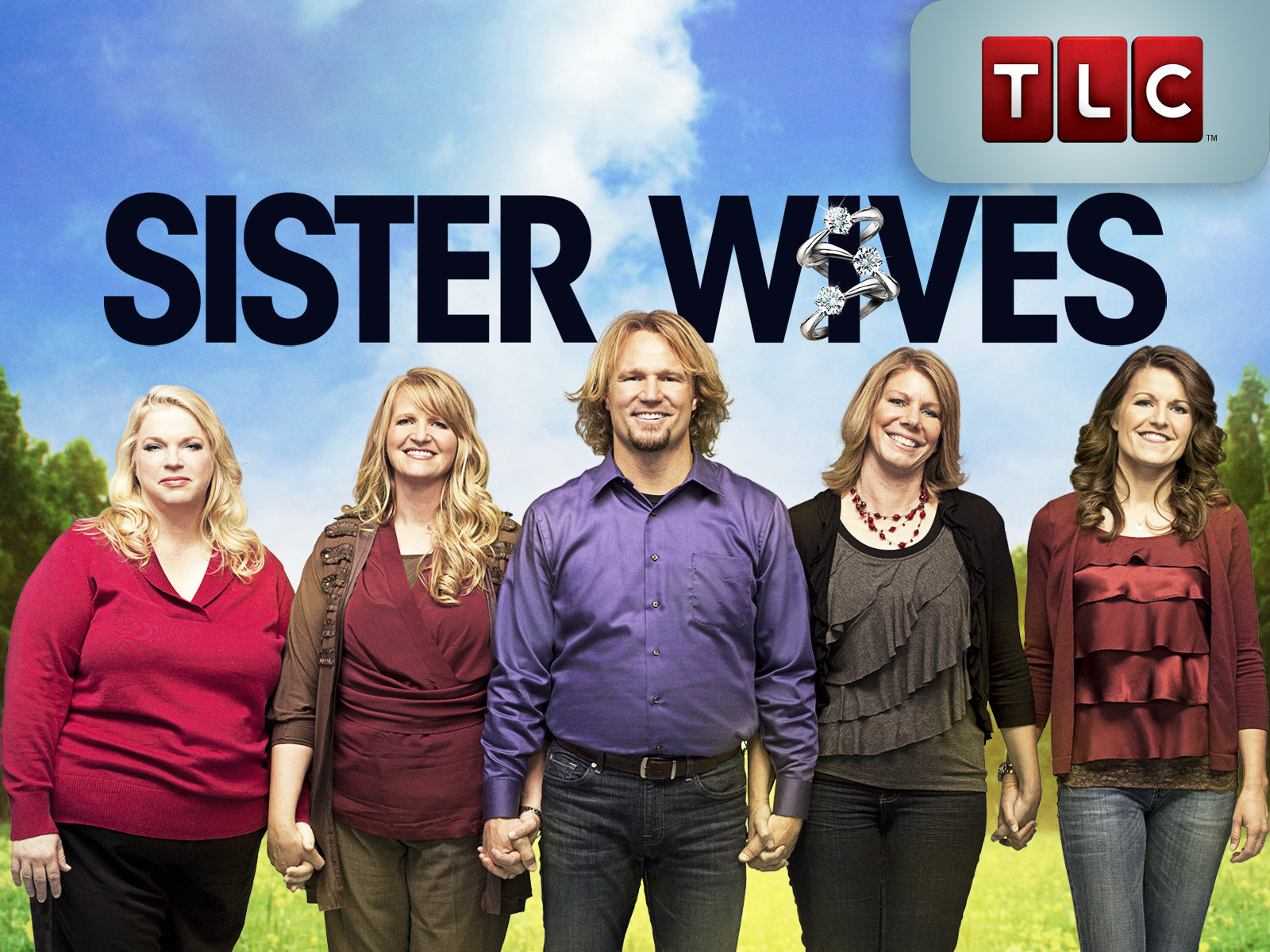What is it with high-control religious groups preying on women?

I’ve been mulling this question over ever since listening to two memoirs this past month: Tia Levings’ A Well-Trained Wife: My Escape from Christian Patriarchy and Bethany Joy Lenz’s Dinner for Vampires: Life on a Cult TV Show (While also in an Actual Cult!). At the same time, I’ve been watching the latest episodes of TLC’s Sister Wives.
Levings’ and Lenz’s memoirs trace the way both women were drawn into high-control, conservative Christian groups, trapped in patriarchal marriages, and ultimately realized what was going on and made their escapes.
The last few seasons of Sister Wives have focused on three of the wives from the Brown family, part of a fundamentalist Mormon group that practices polygamy, deciding to separate from their husband and reject many of their fundamentalist Mormon beliefs, including the practice of plural marriage.

When people refer to high-control religious groups, they’re usually talking about cults or cult-adjacent organizations. Not all the churches/denominations/religious groups in the two memoirs and the TV show could be considered cults, however they share enough similarities that I haven’t been able to stop myself from thinking about all three together: the lived experience of the women in these groups and the particular threat that these high-control religious groups pose for women.
The first and perhaps most obvious similarity is the way these groups control women, limiting their options and emphasizing submission, not only to their husbands but to religious authorities as well. Additionally, all this rigid control is framed as somehow for the broader benefit of women — it’s for their own good and protection.
Tia Levings stays at home and homeschools her children while her husband falls deeper down the rabbit hole of extremely conservative Reformed theology. The church they end up is so patriarchal that women are not even allowed to vote — their husbands vote in elections as the head of the family. Levings is also expected to submit to corporal punishment from her husband — a practice endorsed by the church they attend.

Bethany Joy Lenz submits herself fully to the small home church she begins attending as a struggling actress in Los Angeles. What starts off as a small, supportive group for many young transplants to the city, quickly snowballs into something sinister. Lenz becomes so enmeshed in the group and controlled by its leaders that she goes so far as letting them have full access to the money she’s making from her acting career and control her career decisions. It’s all for the benefit of the church and spreading the gospel — so the leaders tell her. In many regards, hers is the most classic cult experience of all three of these examples.
The women on Sister Wives submit themselves to their husband, Kody, and to the practice of plural marriage which they believe is an essential part of their faith. While initially presenting a united front for the cameras, the family soon fractures, with Kody becoming increasingly outspoken about the loyalty he expects from his wives and children. He never explicitly invokes patriarchal submission, but the implication is always there — the wives and their children must unquestioningly follow Kody’s lead.
Another similarity is the way the women not merely get sucked into these systems, they then begin helping market these groups and their beliefs to other women. Absolute submission to their husbands and other male religious authorities is just the start. They must also be the bright, smiling face for the cause.
Levings is the most explicit about this aspect of high-control religious groups. In her memoir, as well as in an interview she did for the Culture Study podcast, she discusses the pressure she felt to project a certain image of her family to the broader public and to do the public relations work for her church to make their beliefs and lifestyle seem appealing. Her PR work was most blatant in the blog she kept, romanticizing her family’s lifestyle for her friends, family, and a growing public following.

For the women on Sister Wives, their television show served as the women’s PR work. Particularly in the early seasons, they all talk extensively about the ways their polygamist family and their religious beliefs support women and mothers. Lenz’s PR was her successful acting career. Her continuing success was sometimes seen as a threat that could draw her away from the group, but it was also a boon for the group.
It’s rather dystopian to hear these women talk about the ways high-control religious groups made them complicit in their own captivity and in marketing their faith to others.
Thankfully, The Well-Trained Wife, Dinner for Vampires, and Sister Wives have somewhat happy endings. Conditions for Levings, Lenz, and for three of the wives on Sister Wives eventually grew so intolerable and the religious beliefs so extreme that they reached a breaking point. All three trace their struggles to break free from these high-control religious groups to eventual healing and independence.
Yet even at the breaking point for all the women, the decision to leave was a risky and fraught one. I couldn’t help but wonder what about the many women who don’t have the same resources to break free?
I also couldn’t shake my final question: what about the insidious ways these patriarchal religious beliefs and practices seep into our broader culture? How do they support and normalize a quieter, somewhat-less-lethal, but more prevalent patriarchy?
No doubt these are three extreme examples. However, so much of it is close to what’s the accepted norm in other religious groups, especially in many evangelical churches. In a lot of ways, these three stories are simply more mainstream patriarchal ideas taken to their logical conclusion.
Positively, the memoirs and the show highlighted for me the amazing resilience of women. Nonetheless, they also underscored women’s often precarious place in a society that so frequently devalues and subjugates us.


3 Responses
Allison, thanks for this perceptive analysis. I just picked up Leving’s book. I am also curious and disturbed by the ways a version of Reformed theology has been used to justify this treatment of women. There is a larger project there.
Have you read The Rapture of Canaan, by Shari Reynolds? It’s a novel about a family compound in the South headed up by the grandfather/patriarch with very fundamentalist and controlling religious ideas. Women do not fare well here. I’ve been assigning it in my Christian Feminism course for over twenty years, and students find it both engaging and disturbing. It explores many of the points you have mentioned in this essay.
Thank you for this important article. The treatment of women by religious organizations has always been to diminish and marginalize. Important books.